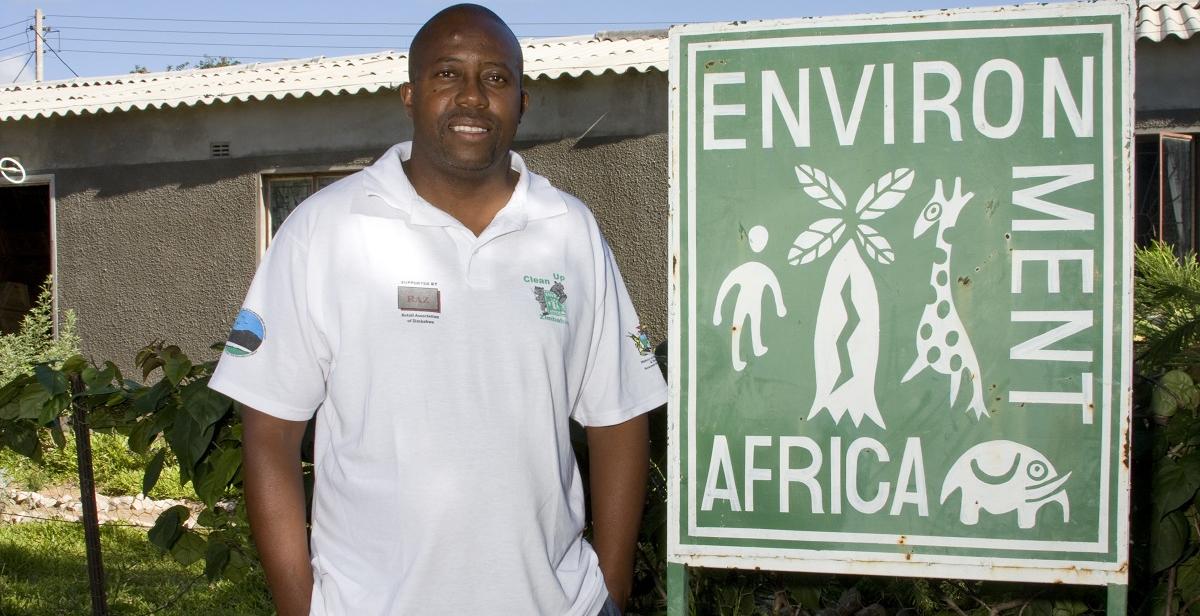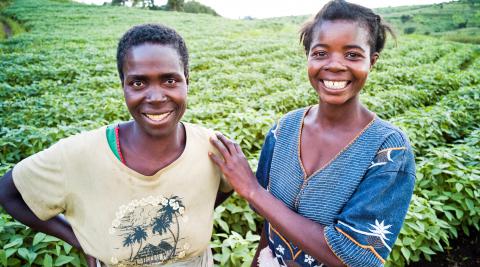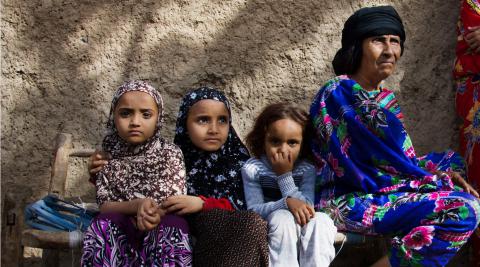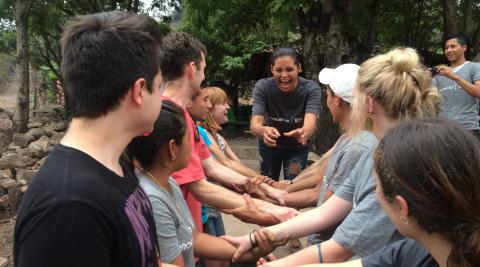A series of inspiring moments took place in Zimbabwe in March, but not the kind the world will notice. March 27 will go down in local history thanks to the collaboration of some incredibly passionate people. Biogas operators in Guruve, who are Progressio’s partners in Zimbabwe, had a rare opportunity to talk the country’s leading renewable energy technical experts. As we prepare to celebrate World Environment Day, you can read the full story here.
The excursion, dubbed The Biogas Tour, involved the kind of skill sharing that has the potential to permanently change communities. While the biogas operators learned of new techniques, equipment and insight, they shared practical community knowledge and experiences with the technical experts. It’s the kind of intellectual exchange that shows Progressio’s approach to international development.
The Biogas Tour saw renewable energy experts and staff from both Progressio and our partner organisation, Environment Africa, visit five biogas digesters in Guruve. These visits enabled communities to show how they work and share lessons learnt. Crucially, it was a chance to lobby the government of Zimbabwe to promote and subsidise renewable energy access in rural areas.
During the tour, the voices of the biogas owners were heard by the experts, who are part of Zimbabwe’s Ministry of Energy and Power Development, meaning real changes could come into effect that will result in more stable incomes for biogas operators, and a more sustainable environment for everyone in the local area.
“Meeting the renewable energy technical experts has widened my horizons on the biogas technology,” says Mr Nyanhete, a biogas operator in Guruve. “There were so many questions I had about the biogas technology, but today the experts have answered them all. The biogas tour has also linked us to the relevant government ministry.”
Along with offering training in the latest techniques, the experts were able to identify four key areas for the operators to work on in order to improve productivity. These four areas were…
- the scarcity of cooking energy and the reliance on fuel wood
- some household members not actively participating on activities related to the use of biogas
- batch feeding leading to inactive slurry and reduction in gas production
- dung that may have sand particles attached being used, so that the sand would accumulate at the bottom of the digester
The technical experts recommended the use of the Modified Carmatec Design (MCD), which is suitable in areas with low water problems. The MCD design is automatic, with the slurry flowing along a gentle gravity towards the field or slurry pits and has no leakage problems
All of this work is part of the ‘Conserving Our Land, Producing Our Food’ project which promotes household access to alternative renewable energy forms, as well as the sustainable utilization and conservation of natural resources. The project will involve the sharing of key skills between 30,000 people in Zimbabwe and 11,000 in Malawi.
Find out more about how we are celebrating World Environment Day here
Want to make a stand for the Environment? Sign up for the UK's biggest action against climate change here






